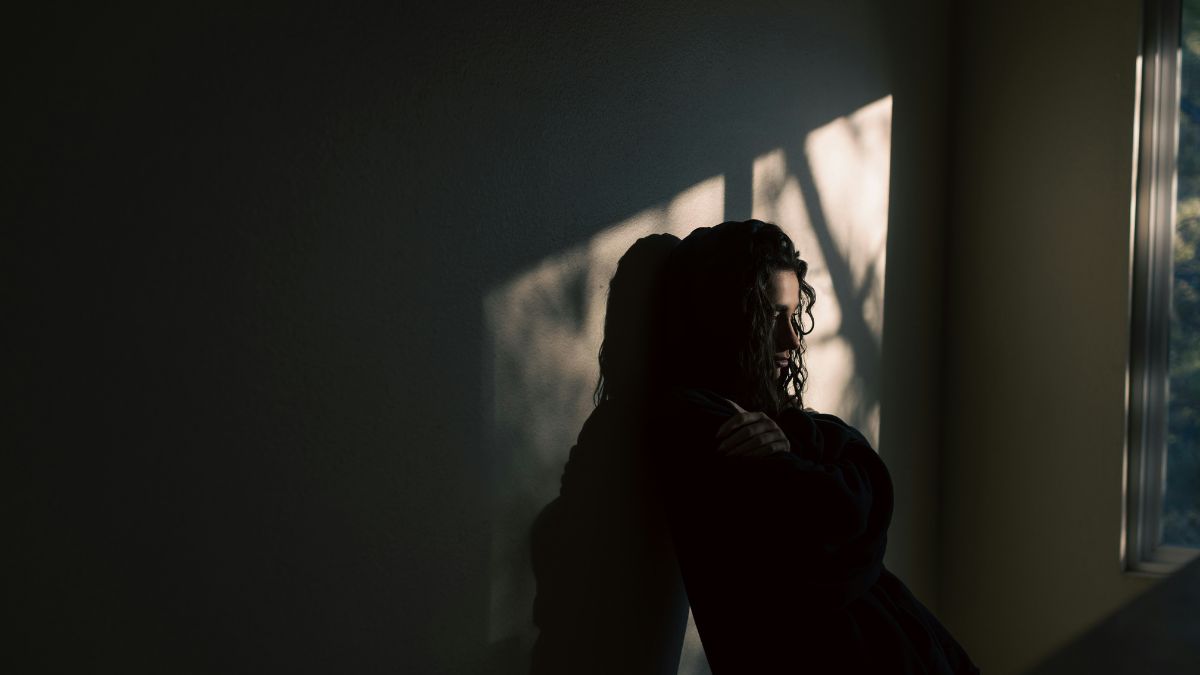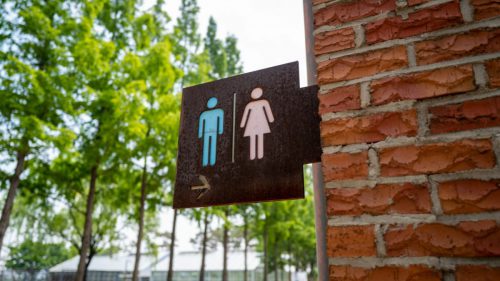

BreakPoint
Today’s BreakPoint offer: Read the articles “Terrorists Behind Bars” (First Things, November 2002) and “How a Muslim Chaplain Spread Extremism to an Inmate Flock” (Wall Street Journal, 5 February 2003)—available to Wall Street Journal subscribers, or call 1-877-322-5527 for a free copy.
Frank Cilluffo, et al., “Out of the Shadows: Getting ahead of Prisoner Radicalization,” George Washington University Homeland Security Policy Institute and University of Virginia Critical Incident Analysis Group, 19 September 2006. (Free Adobe Acrobat Reader required.)
Debra J. Saunders, “Prislam—The Threat from Within,” Townhall.com, 21 September 2006.
Lara Jakes Jordan, “Study: Prisons Can’t Fight Islamic Terror Recruiting,” Richmond Times-Dispatch, 25 September 2006.
Alexandra Marks, “Islamist Radicals in Prison: How Many?” Christian Science Monitor, 20 September 2006.
Charles Colson, “Evangelizing for Evil in Our Prisons: Radical Islamists Seek to Turn Criminals into Terrorists,” Wall Street Journal, 24 June 2002.
Learn more about how you can help Prison Fellowship defend religious freedom in prisons.
BreakPoint Commentary No. 060818, “‘A Little Saudi Kingdom behind Prison Walls’: Spewing Poison in America’s Prisons.”
BreakPoint Commentary No. 051018, “The Wrong Kind of Prison Fellowship: Wahhabism on the Inside.”
BreakPoint Commentary No. 040520, “Dangerous Faith: The Threat of Radical Islam in Prisons.”
BreakPoint Commentary No. 030303, “Blues from Allah: Radical Islam in American Prisons.”
BreakPoint Commentary No. 020709, “Evangelizing for Evil: Radical Islam Behind Bars.”
BreakPoint Commentary No. 020108, “Jailhouse Jihad: Islamic Extremism in Prison.”
What’s Hidden in the Shadows
I don’t usually make predictions, but here’s one I’ll venture: If, God forbid, an attack by home-grown Islamist radicals occurs on American soil, many, if not most, of the perpetrators will have converted to Islam while in prison. I am hardly going out on a limb here. I said this first in 2001. The spread of an especially virulent form of Islam within American prisons is obvious to those of us who have spent time in these prisons. It’s the rest of American society that is in denial. Now, thanks to a new study, ignorance is no longer an option. The study, titled “Out of the Shadows,” concluded that “the U.S. . . . is at risk of facing the sort of homegrown terrorism currently plaguing other countries.” The source of that risk, according to researchers from George Washington University and the University of Virginia, is “[America’s] large prison population.” “Radicalized prisoners” within this population “are a potential pool of recruits by terrorist groups,” the study says. The sources of radicalization are incarcerated Islamic extremists and outside organizations that support them. The report notes that the absence of “monitoring by authoritative Islamic chaplains” permits “materials that advocate violence [to infiltrate] the prison system undetected.” Some of this material is provided by known al-Qaeda affiliates. It “[urges Muslim prisoners] to wage war against non-Muslims who have not submitted to Islamic rule.” As a former employee of a radical Islamist group who is now a Christian told a Senate committee, “I know of only a few instances in which prisons rejected the literature we attempted to distribute—and it was never because of the literature’s radicalism.” Senator Susan Collins (R-Maine) was correct when she called the situation “an emerging threat to our national security.” The obvious question: What do we do about it? The study recommends the creation of a federal commission to “investigate this issue in depth.” It says that an “objective risk assessment” is “urgently needed” so that “officials [can] address this issue now, rather than [managing] a crisis later.” I agree wholeheartedly, but let’s get on with this. We already know what the study has concluded. I’ve been telling “BreakPoint” listeners and readers and Prison Fellowship supporters about this for years. Now we have more than anecdotal evidence. We have a study from two prestigious universities on our side. Still, I can’t help but note an irony here: The largely unimpeded spread of radical Islam through our prisons coincides with increased opposition to the one really successful antidote—that is, the presence of Christianity. An obvious example is the lawsuit against our prison program in Iowa. Programs like ours are working. We have studies to prove it. And they are the best solution to the alienation and rage that fuels conversions to radical Islam, as well as gangs and other hate groups inside the prisons. Making it harder for organizations like Prison Fellowship to operate within prison walls leaves jihadists and other radical groups as the only game in town. Unfortunately, opponents like Barry Lynn of the Americans United are blind to this, which puts more than the program at risk—because, as we saw in the case of the shoe bomber, Richard Reid, groups that are now operating in the shadows of our prisons are a real danger to us.
| For Further Reading and Information |
09/26/06















